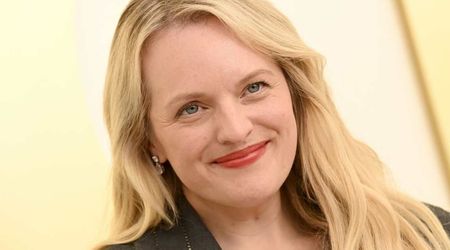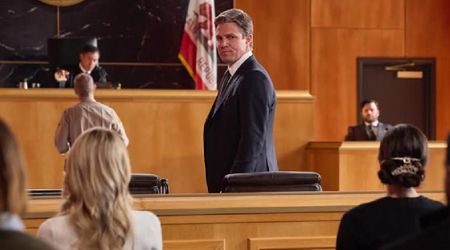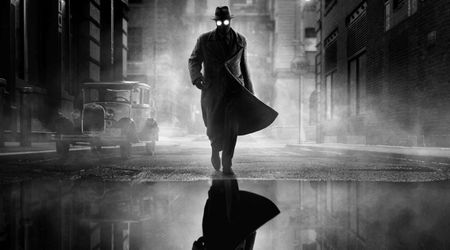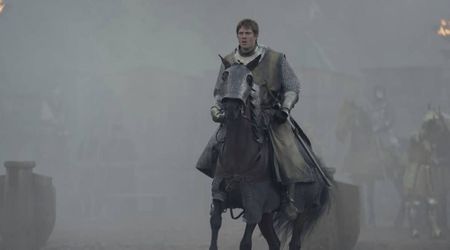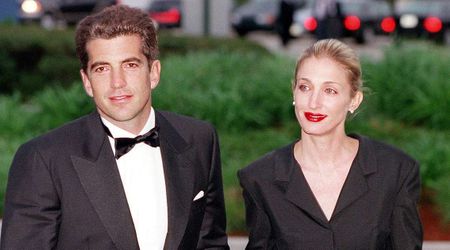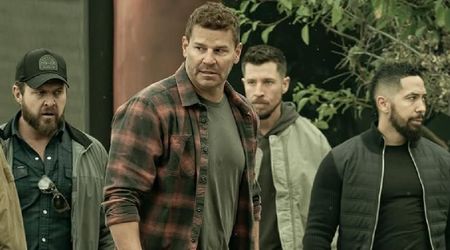'By Whatever Means Necessary: The Godfather of Harlem' Episode 3: The Boogaloo and the call for racial justice

Spoilers for 'By Whatever Means Necessary: The Godfather of Harlem'
'Crossroads' perhaps has been the episode with the catchiest tracks of the '60s. The episode focuses on migrants, the musical fusion and the common factor between the two: Racial Justice. The forms of music that came out made an important statement. Jazz, in particular, was one of the most common mediums of expression and the powerful genre became a tool of expressing thoughts on the harsh treatment meted out to the Black People back in the '60s.
Nina Simone's 'Mississipi Goddamn' was one of those hits that were looked at as the "first civil rights song". The episode goes on to say, Simone didn't expect a public warm reception, she did it as this was a necessary story to be told. The reception was simply astounding with Herbie Hancock, one of the biggest stars in the music industry calling it "Earth-breaking". There's enough screentime on the Selma March that also saw a bunch of musicians, led by Harry Belafonte, to inspire the people to reach their destination: the right to vote.
Performers included Bernstein, Belafonte, Sammy Davis Jr., Odetta, Mahalia Jackson, Tony Bennett, Joan Baez, Simone, Peter, Paul and Mary, and more. It was an immense success and proved that music was a pivotal tool to express thoughts. The focus then shifts to Spanish Harlem, filled with Puerto Rican residents. There was no TV or telephones, but the place was still a beehive of activity. A predominant feature was the music they bought to the table.
RnB came into vogue and so did the Boogaloo. The freestyle, improvisational street dance movement of soulful steps was a rage back in the day and was seen as a blend of music and cultures, Black People and Puerto Ricans grooved to the music. Joe Cuba was regarded as the father of Latin Boogaloo. In 1966, his band scored a hit on the UnS National Hit Parade List with the song, 'Bang Bang'— a track that kickstarted the popularity of the boogaloo.
Latin soul musician, Joe Bataan sheds light on 'Gypsy Woman', a Latin dance cover of "Gypsy Woman" by Curtis Mayfield and The Impressions which became an anthem of sorts for East Harlem. In the end, it was all about a voice seeking racial justice and the music of that time was a great way to attempt and get the message across. They resonated with the feelings of the people in the '60s and that makes 'Crossroads' a worthwhile watch.
It's almost as if 'Godfather of Harlem' is prepping the audience to better understand the show. With this it is clear, the show is more than just a gangster drama. There's rich history involved and it's time the world knows the story.
'By Whatever Means Necessary: The Times of Godfather of Harlem' airs Sundays at 10/9c on EPIX.

